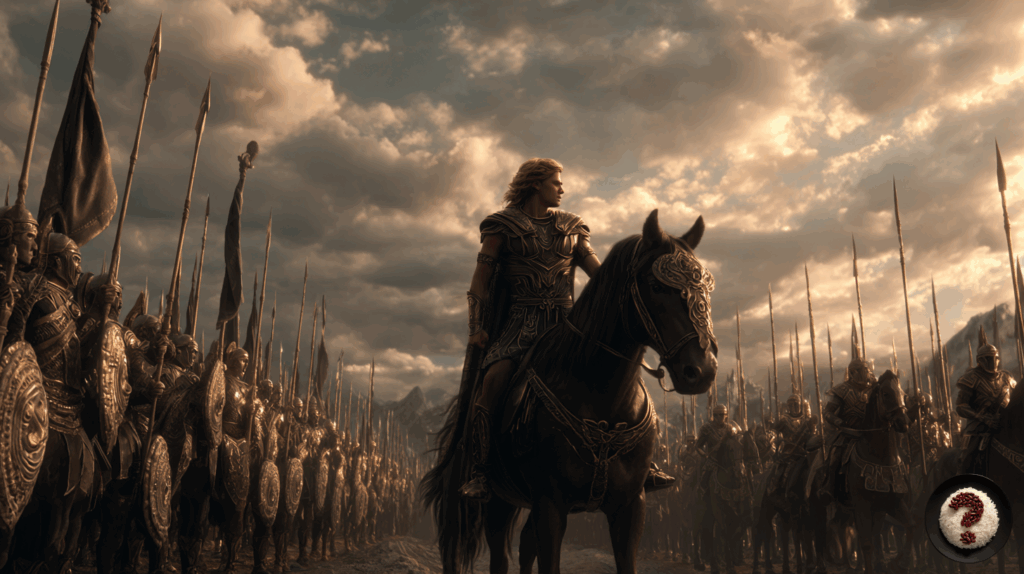
Alexander the Great – 100 People Who Changed the World #6
Short Biography
Alexander the Great (356 BC – 323 BC) was born in Pella as the son of Philip II, King of Macedon. Alexander, whose real name was Alexander III, drew attention from a young age with his extraordinary intelligence and ambition. In his youth, he was educated by the philosopher Aristotle, making him a well-equipped leader not only militarily but also culturally and philosophically.
Succeeding his father at the age of 20, Alexander quickly united the Greek city-states and began his great conquests. Despite his young age, he stood out with his courage, strategic intelligence, and charismatic leadership, quickly becoming one of the most powerful rulers in the world.
This article is the 6th part of our series, ‘100 People Who Changed the World’.
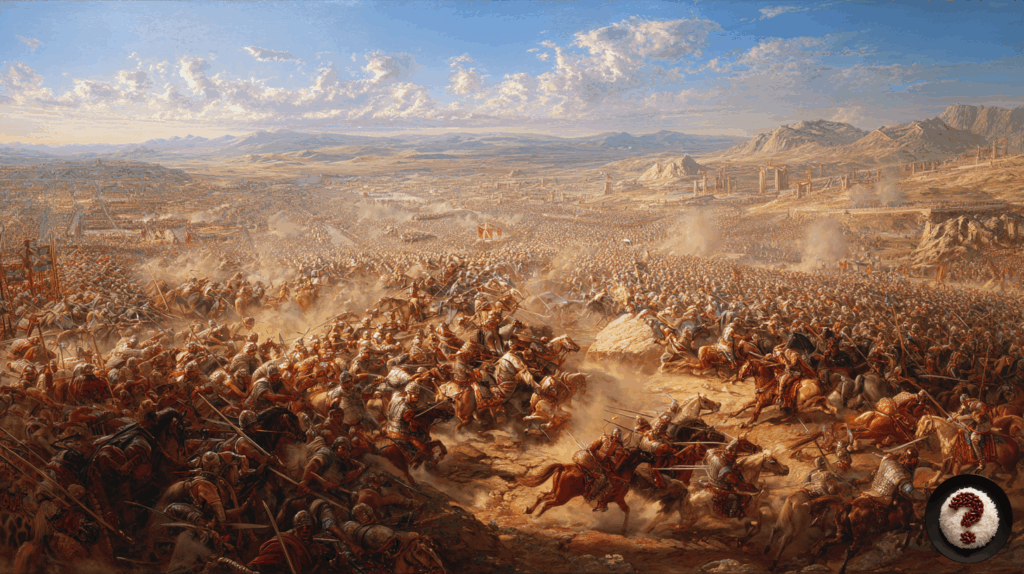
Key Contributions and Achievements
One of Alexander the Great’s most important achievements was destroying the Persian Empire. Thanks to the victories he achieved in the battles of Granicus, Issus, and Gaugamela, the Persians were erased from the stage of history. These victories led to major changes not only militarily but also politically and culturally.
When Alexander entered Egypt, he was welcomed as a savior by the people and founded the city of Alexandria there. Alexandria later became a center of science and culture in the following centuries. With his campaigns extending to India, he established a massive empire spanning three continents, making him one of the greatest conquerors in history.
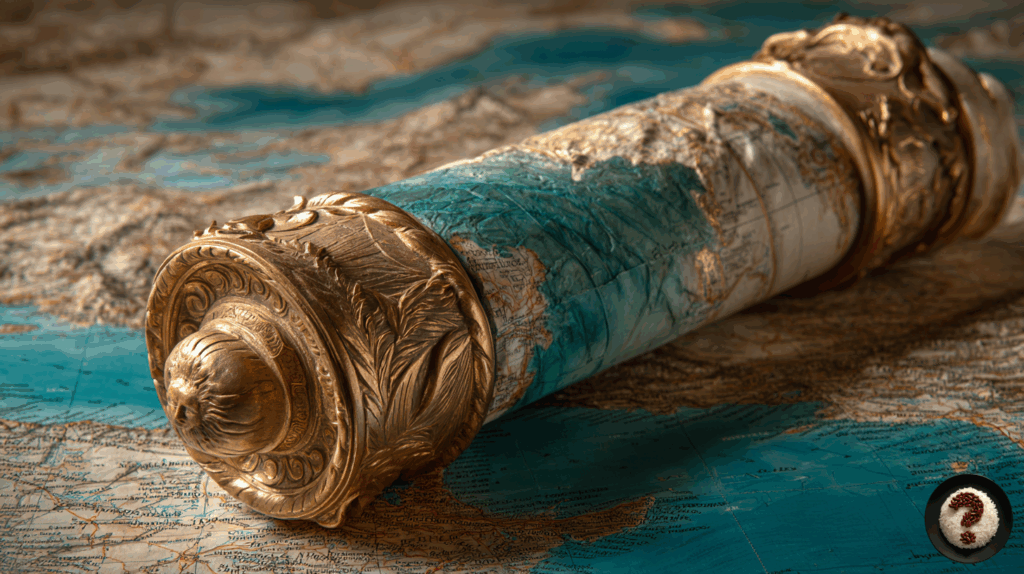
Impact on the World
Alexander the Great’s conquests not only changed political boundaries but also led to the birth of a cultural synthesis. Greek culture merged with the traditions in the conquered lands, and the Hellenistic Period began. During this period, science, art, philosophy, and literature developed greatly.
The cities he founded created cultural bridges between East and West. The Library of Alexandria and the science academies are symbols of this era. Furthermore, thanks to Alexander’s policies, interaction between different beliefs and cultures increased, leaving a mark on the history of civilizations.
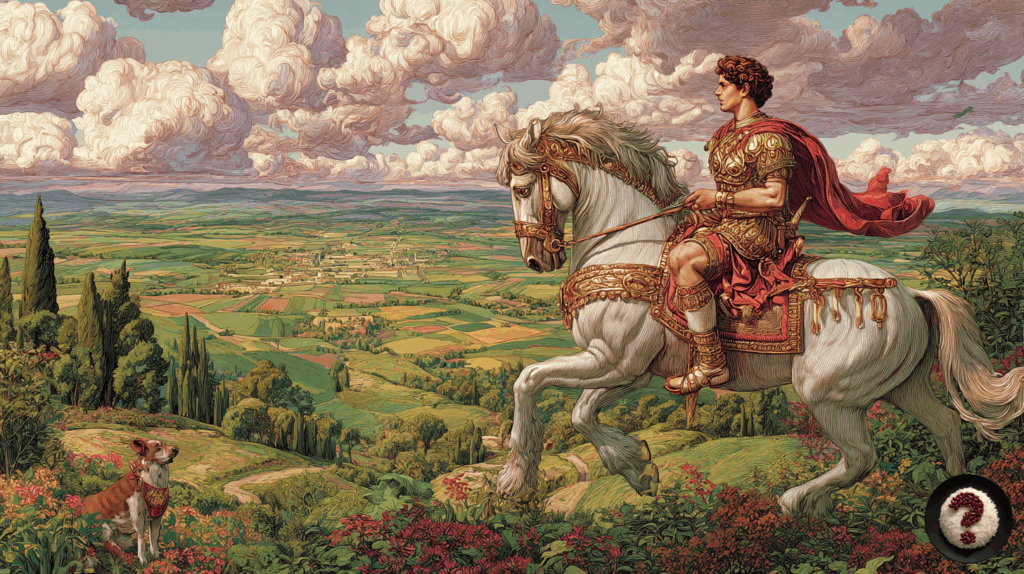
Interesting Facts
- Alexander the Great was a student of Aristotle and, therefore, received a deep education in nature, philosophy, and politics.
- He never faced defeat in battle; he won all the battles he participated in.
- Alexander is identified with his horse Bucephalus; this horse was his most important companion.
- The cause of his death is still debated. Different theories, such as poisoning, malaria, or typhoid, are put forward.
- After his death, his empire was divided among his generals, a process known as the Wars of the Diadochi.
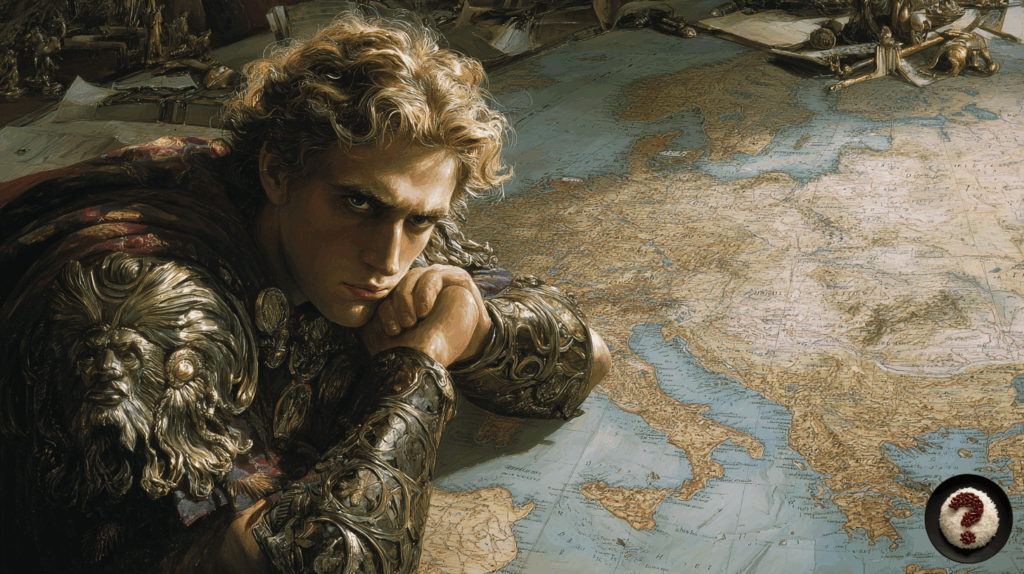
Conclusion
Alexander the Great is remembered as one of history’s greatest military geniuses. His conquests were not only a political success but also created a cultural revolution. With the beginning of the Hellenistic Period, fundamental changes occurred in the fields of science, art, and philosophy.
Today, Alexander the Great’s name is associated with leadership, strategic genius, and being a visionary commander. The legacy he left behind despite his short life (he lived only 32 years) constitutes one of the most magnificent pages in human history.
References
- Britannica – Alexander the Great
- Stanford Encyclopedia of Philosophy – Alexander the Great and Philosophy
- Ancient History Encyclopedia – Alexander the Great
- Project Gutenberg – Historical Works on Alexander
